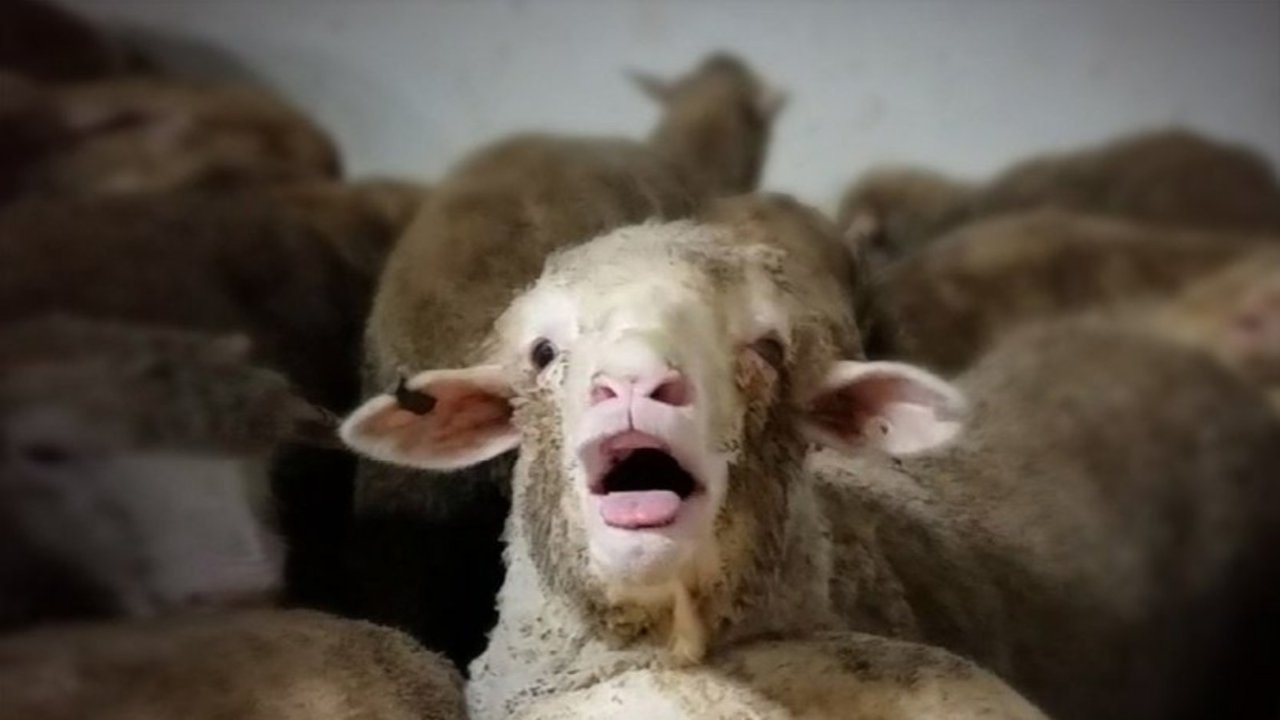Elite Brisbane school students think they’re animals in new ‘woke’ trend
A handful of students at an elite Brisbane girls school have begun identifying as animals, creating confusion and concern, writes Kylie Lang.

Opinion
Don't miss out on the headlines from Opinion. Followed categories will be added to My News.
It’s the bizarre dinner party conversation parents could never have imagined: children are identifying as animals.
It is also the chatter in back seats after school pick-up as kids swap stories of classmates behaving like cats and foxes.
To be clear, this is not about students playing dress-ups or using fun face filters on social media but about genuinely believing they are animals.
This column was originally published in March 2022 and resurfaced as part of The Courier-Mail summer columnists series.
They’re called “furries”, and in this time of gender fluidity and woke sensibility, psychologists say it is a troubling and fraught phenomenon.
I’m told, by several unrelated sources, that a handful of students at the prestigious Brisbane Girls Grammar School simulate walking on all fours and lick their hands like paws.
One young teen is said to have cut a hole in her uniform to accommodate an invisible tail.
Parents are understandably concerned.

“When a girl went to sit at a spare desk, another girl screamed at her and said she was sitting on her tail; there’s a slit in this child’s uniform where the tail apparently is,” one mother told me.
“Girls who identify as felines preen themselves, licking the back of their hands, and the foxes walk around with their arms leaning towards the ground, as if they’re on all fours; the kids are all talking about it,” she said.
Another school insider questioned why students who altered uniforms were not given infringement notices as would be the case if they wore makeup or jewellery.
“The school seems too worried about not offending anyone but it makes you wonder how much as a society we have to accept,” the person said.
Girls Grammar did not answer my specific questions about furries, but a spokeswoman for principal Jacinda Euler said the school “has not been made aware of any students who identify as furries” and would not comment further.
At a recent dinner party in Brisbane, furries were the hot topic.
“There were four couples and everyone was talking about kids identifying as cats and foxes,” one woman told me.

Furries, it should be noted, are distinct from the subculture that began in the United States in the 1980s in which people dress up in “fursuits” and attend festivals, such as FurDo on the Gold Coast.
So what, if anything, to do about this unusual phenomenon?
Adolescent psychologist Michael Carr-Gregg said it was rare for students to identify as animals.
“In 25 years of clinical practice I only ever came across this once,” said Dr Carr-Gregg, who is based in Melbourne.
“A boy temporarily identified as a dog. He used it as an escape from his reality. Once the stressors in his life were resolved, he reverted to being a human being.”
Brisbane psychologist Judith Locke said she was “perturbed but not surprised” by the existence of furries.
“It’s been heading this way for some time, since people started falling in love with an animal and viewing it as a romantic figure,” Dr Locke said.
“But there’s a real challenge around the acceptance of people’s decisions on how they see themselves these days; it is a fraught area.”
Dr Locke, who works with schools across Australia on child wellbeing, said it was important to ask questions to find out if identifying as an animal was harmful to a teenager who might be delaying age-appropriate developments.
“You have to look at the purpose of it – is it to stop an uncomfortable development and is it damaging their relationships?
“If it is not good for their wellbeing, this is where it takes excellent support to understand the function of it and gradually move them away.
“If it’s causing disruption in the classroom or school grounds, then something needs to be done.
“However, if it’s not harmful, then it doesn’t matter.”
Dr Locke is undoubtedly right.
At the very least, parents deserve to know the issue is being thoroughly and sensitively examined.
Kylie Lang is associate editor of The Courier-Mail
kylie.lang@news.com.au
LOVE
- Musicians rallying to support flood victims through benefit concerts. Next Saturday sees Bernard Fanning and The Rubens rock Brisbane’s Fortitude Music Hall while Wolfmother and Dune Rats play the Byron Beach Hotel.
- Major retailers in the UK offering thousands of jobs to refugees fleeing war-torn Ukraine. Think Marks & Spencer, Tesco, Asos and Aldi. Meanwhile, in Queensland we send Ukrainians to the Wellcamp quarantine facility.
LOATHE
That it took more than four years for the “mangocube” report by former state archivist Mike Summerell to the Crime and Corruption Commission to be publicly aired. And surprise, surprise, the report details a minister (Mark Bailey) being told how to vote by a union boss.
Predictions that the price of an average cappuccino will soar to $7 by year’s end. A global bean shortage is being blamed.





